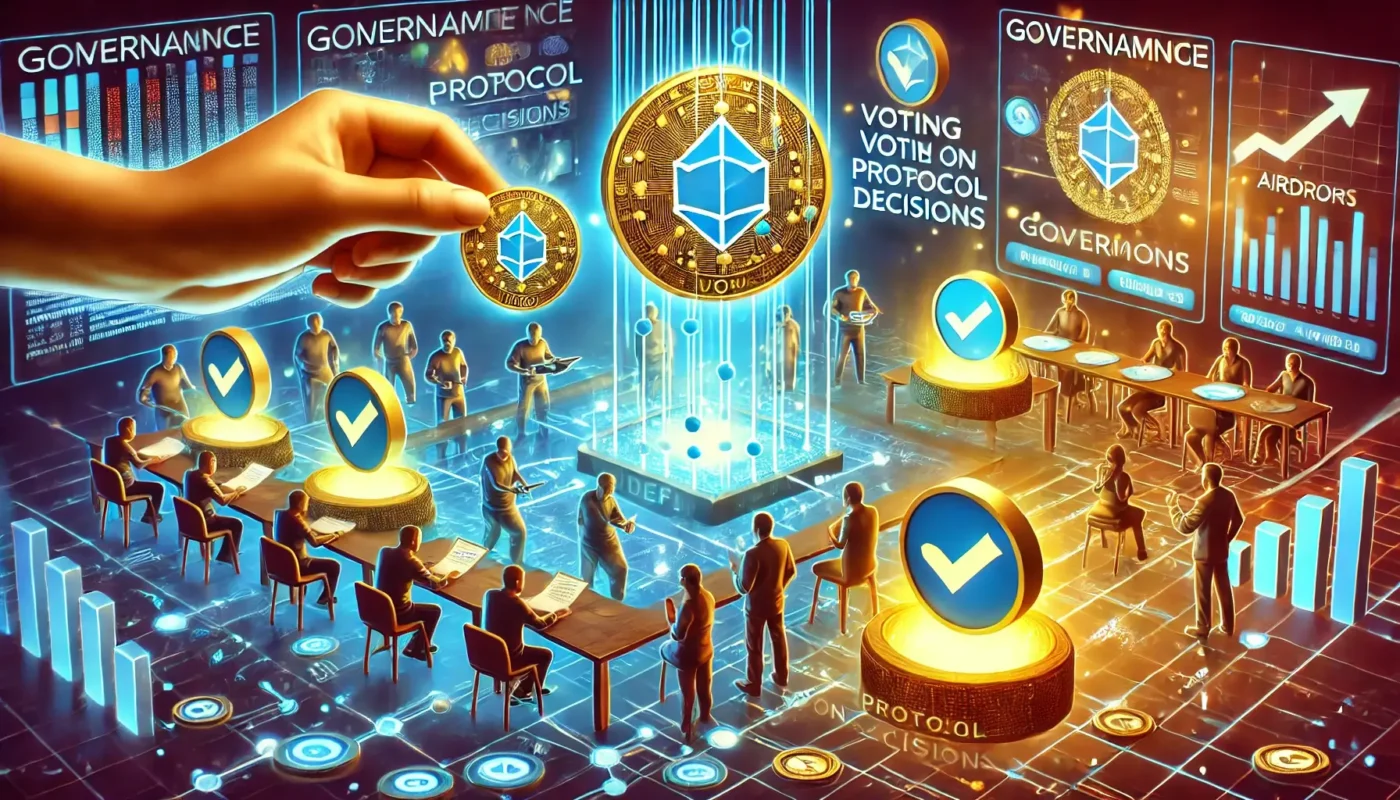In 2025, decentralized governance has become a defining feature of many DeFi projects. Unlike traditional corporate structures where a few decision-makers control operations, DeFi governance allows token holders to participate in shaping platform policies. From fee structures to protocol upgrades, governance tokens like UNI (Uniswap) and MKR (MakerDAO) empower communities to vote on key decisions.
The Role of DAOs in DeFi Governance
Decentralized Autonomous Organizations (DAOs) are central to DeFi governance. These blockchain-based organizations operate through smart contracts and community voting, eliminating the need for centralized leadership. Projects like Curve Finance and Yearn Finance have adopted DAO models, where stakeholders can propose changes and vote on protocol updates. This structure aligns incentives between developers and users, creating more inclusive ecosystems.
The Challenges of Governance Token Distribution
Despite its benefits, governance in DeFi faces challenges related to token distribution and voting power concentration. Wealthy investors or whales often acquire a majority of governance tokens, potentially undermining decentralization. Innovative solutions, such as quadratic voting, are being explored to balance influence and encourage broader participation. As governance models evolve, they will play a crucial role in determining the long-term success and decentralization of DeFi platforms.













